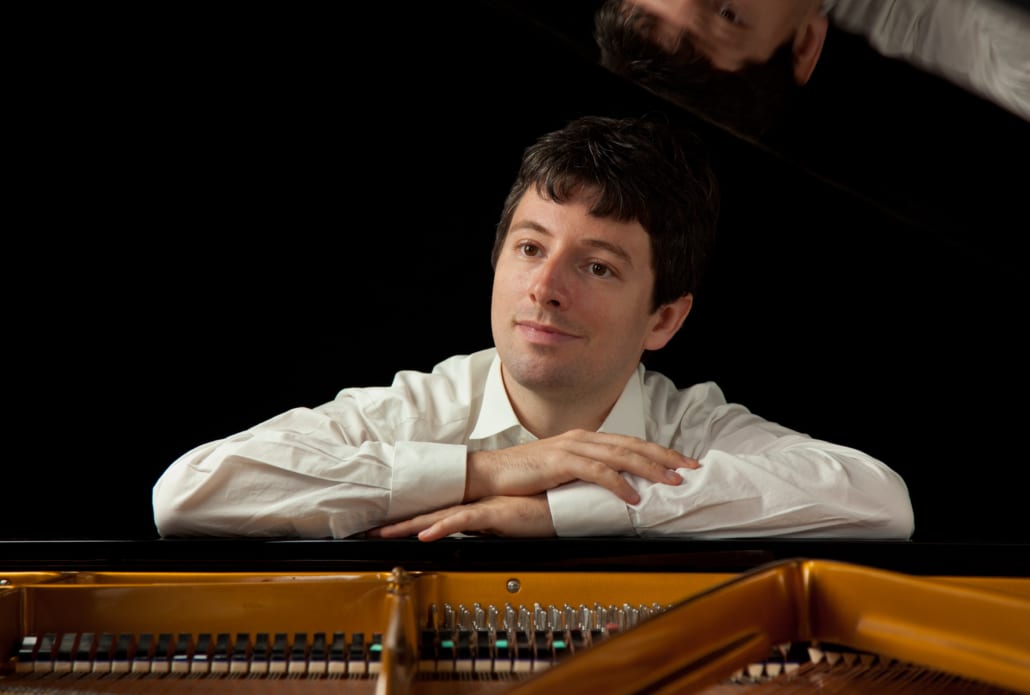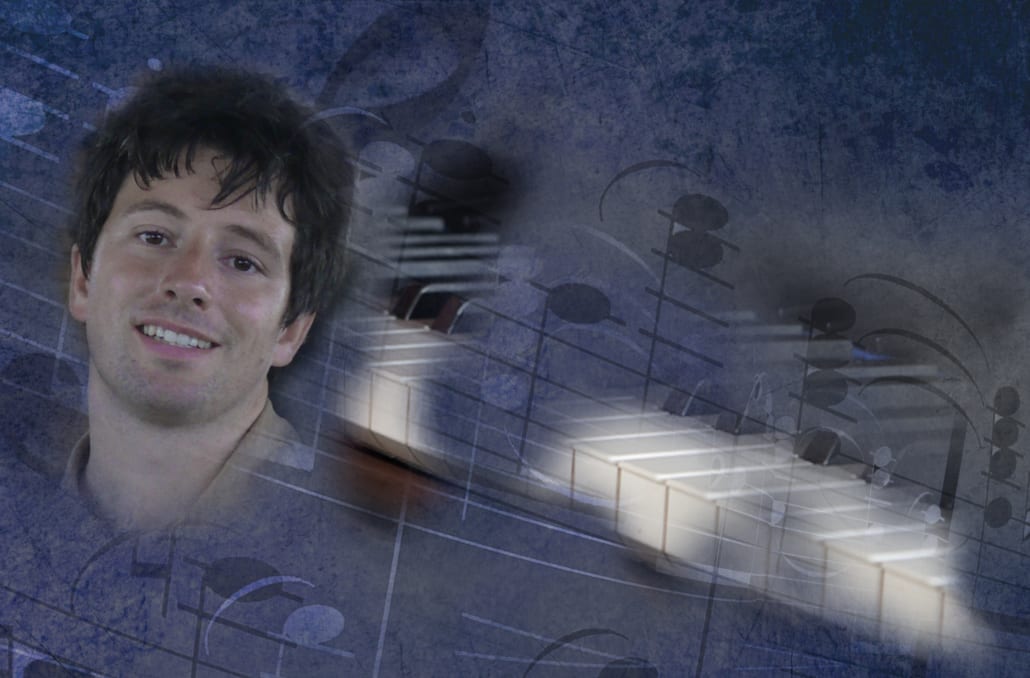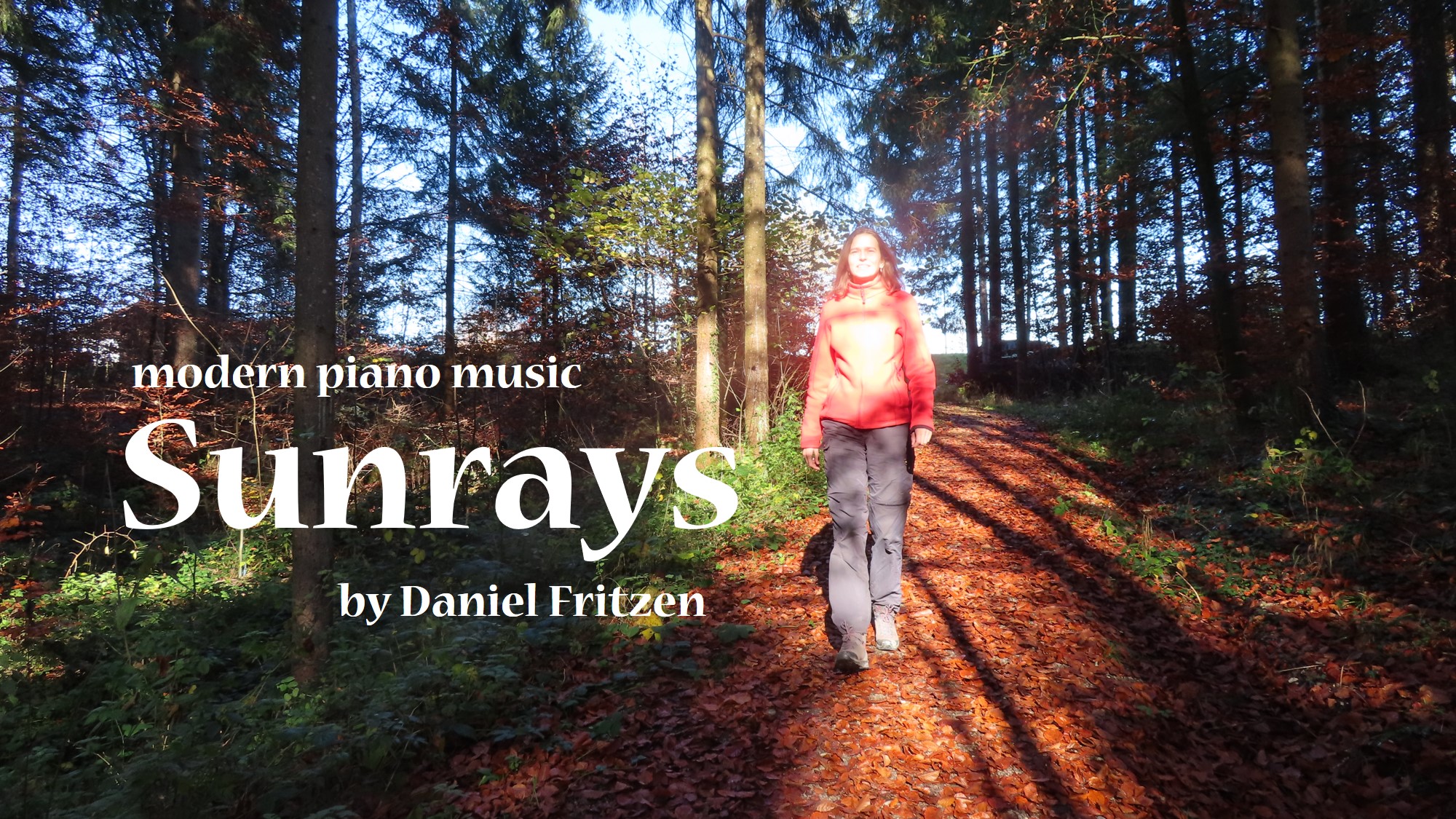About
His playing was described by the German newspaper as a “challenge for the instrument” in the sense that his ability to create fine color shadings exceeded the abilities of even a concert grand.
Daniel Fritzen, born 1978 near Frankfurt (Germany), had the strong wish to learn piano at the age of five. In order to know different approaches to piano playing, he chose teachers from different schools and traditions: At the age of fifteen, he joined the studio of Karl-Heinz Kämmerling in Hannover. From 2000 to 2006, he studied piano at the “Musikhochschule Lübeck”, first with Konstanze Eickhorst, later with Konrad Elser. During his studies, he had master classes with Walter Levin, Andrzej Jasinsky and others. In October 2007, Daniel came to UCLA for doctoral studies with Vitaly Margulis which he concluded with a concert exam, combined with a dissertation about Liszt’s and Brahms’ individual approach to piano performance, guided by the musicologists Susan McClary and Robert Winter. Daniel has kept is musicological interest alive, providing his audiences with lively stories and backgrounds about each composer’s life.
The scientifically interested pianist works as his own recording engineer. He learned computer programming and started simulating experiments about chaos theory and fractal geometry at the computer, which finally lead him to writing his diploma thesis about the inspiration of Fractal Geometry in the music by G. Ligeti. While taking a creative break from music and developing complementary skills, he helped founding and structuring the company Regenbogenkreis.de, working in all its departments and eventually becoming its accountant, having been trained in book keeping and financial controlling. Other fields of interest which inspire and enrich his piano playing include hiking, nature photography as well as mysticism, spirituality and meditation.
He was hired staff accompanist both in Germany (studio of Thomas Brandis) and worked as a teaching assistant at UCLA. Daniel performed at various music festivals and played with artists as Gottfried Schneider, Movses Pogossian, Antonio Lysy, Gary Gray, Franziska Hölscher, Lena Eckels, Barbara Buntrock, Gustav Frielinghaus, Diethelm Jonas, Angela Firkins. His concerts were broadcast via the German and American radio.
Daniel organized several concert series, including a succession of Scriabin recitals during the Scriabin Year, assisted by musicologist Prof. Flamm. Since 2014, Daniel Fritzen has been regularly performing his monthly concert series in Lübeck. 2019, he started to improvise and compose in the Neoclassic style, having been commissioned piano music for stage plays.


